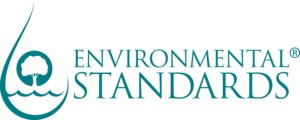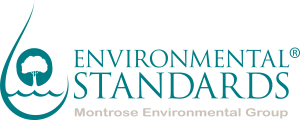As many organizations are restricting nonessential travel due to the 2019 novel coronavirus (COVID‑19), many facilities are struggling to meet their 2020 planned activities. The rapid spread of COVID‑19 throughout the world and now throughout the U.S., has forced organizations to take precautionary measures to protect their employees, valuable assets, and the public. The best way to prevent the spread of the virus is to eliminate exposure to infected individuals or areas with a high number of confirmed cases. This restriction can create a speedbump for organizations who typically rely on in‑person interaction with third-party entities for many areas within their operation.
Environmental Standards is continually evaluating its internal policy with respect to travel, and is identifying unique strategies to provide services to clients. Specifically, and as part of our comprehensive pandemic response plan, we have put into action contingency plans to continue uninterrupted service to our clients. Beyond working from home and providing traditional remote support, Environmental Standards has engaged a strategic partner that develops point-of-view communication devices that will enable Environmental Standards professionals to see and hear what laboratory and other facility personnel are experiencing. Many of you may be familiar with Google® Glass – a product that is worn like typical eyeglasses but allows the wearer to clearly and immediately stream their point-of-view to a set of remote viewers. Environmental Standards is testing those technology devices with a client to provide remote auditing services. We plan to ship out the device to the site personnel; through the Google Glass device and a small earpiece, Environmental Standards will get a first-person view of the facility operations and practices. In real time, we will interact and guide the wearer to observe the key facility areas that are subject to various environmental and health and safety regulations. For example, observing a confined-space entry from a remote terminal, we can provide valuable insight and feedback. These tools may also be effective for gaining access to an area that normally requires extensive approvals or site‑specific training. The devices are available in intrinsically safe versions for potentially flammable atmospheres.
Environmental Standards is committed to continuing to provide exemplary service while consciously taking steps to reduce the spread of COVID‑19. We encourage readers to follow the World Health Organization (WHO) guidelines and updates. For questions about remote auditing services and the technology Environmental Standards is employing, contact Shaun Gilday.


